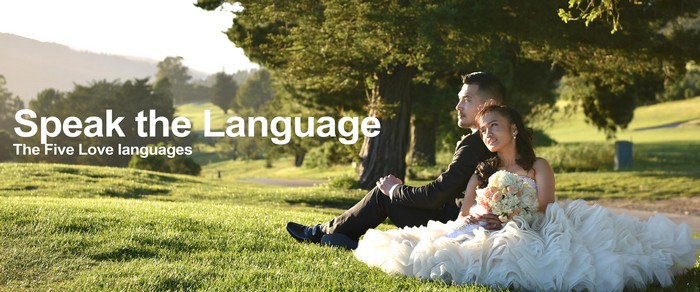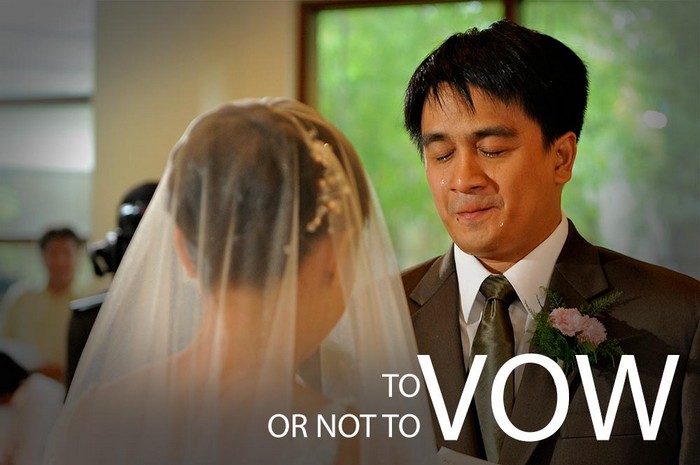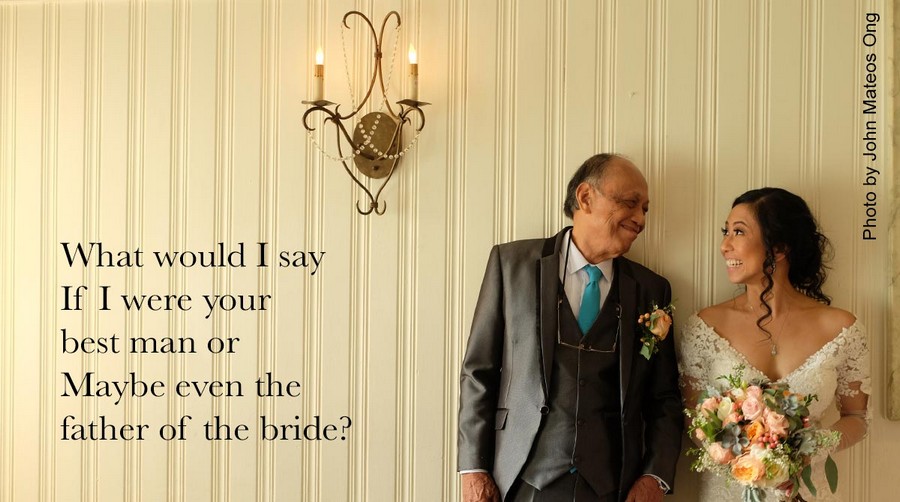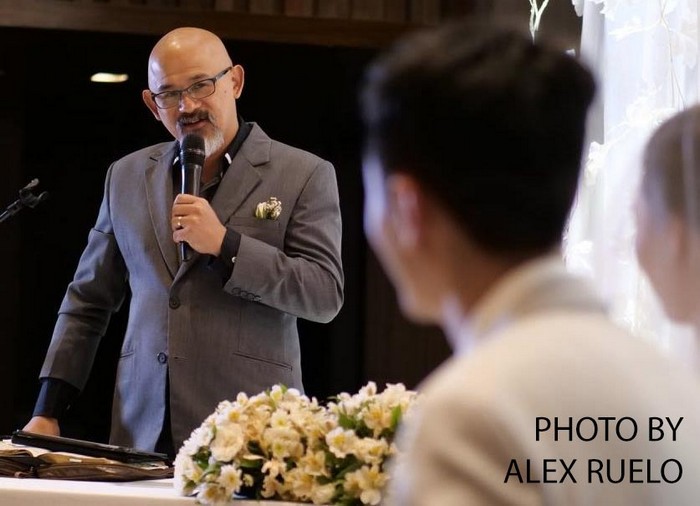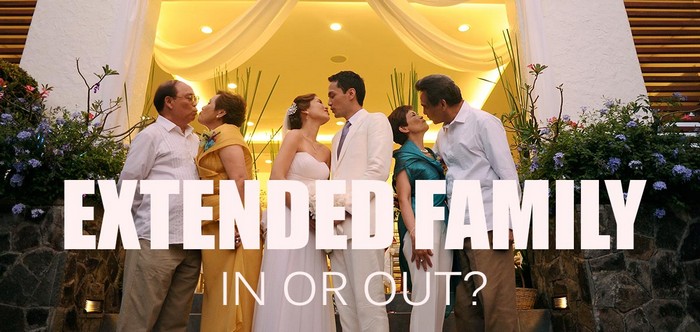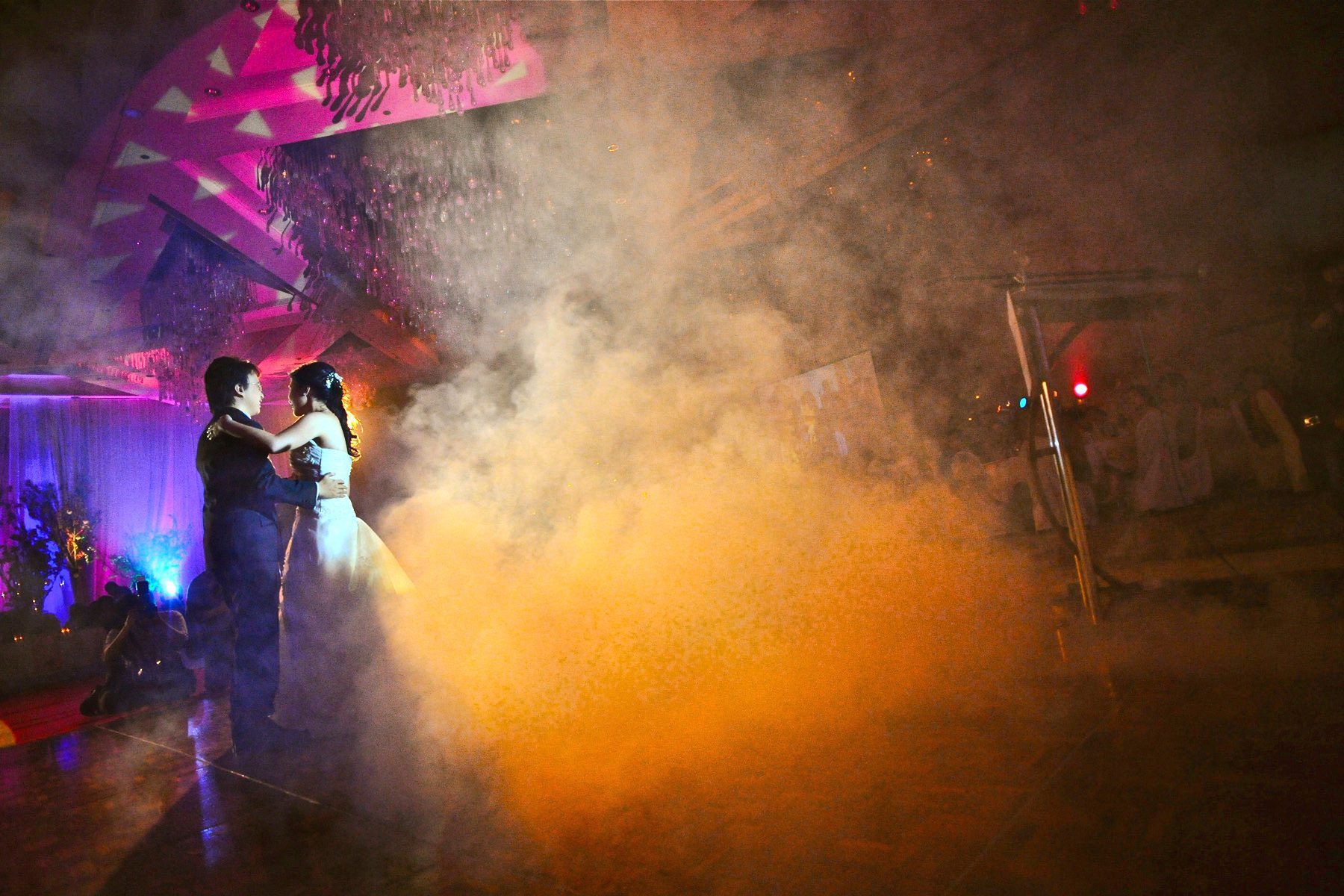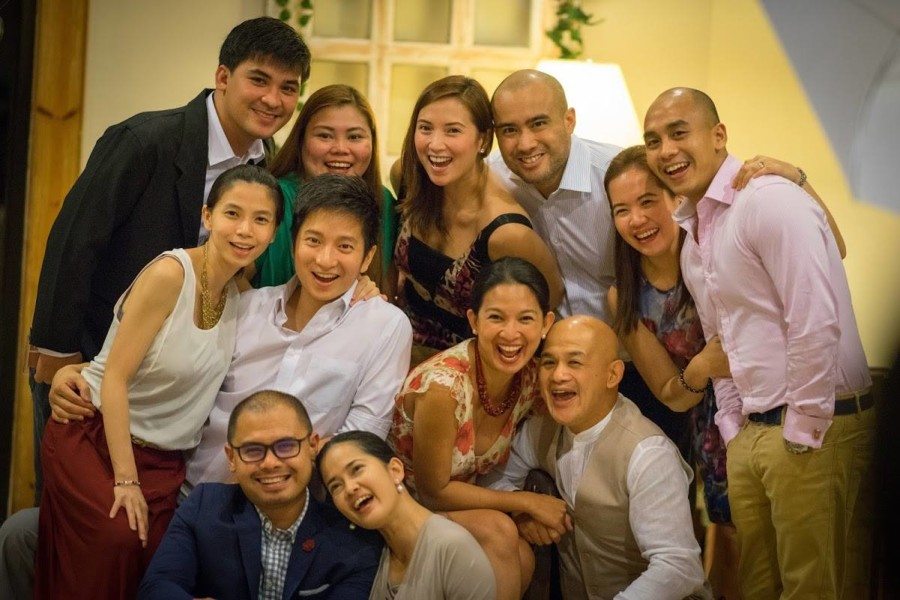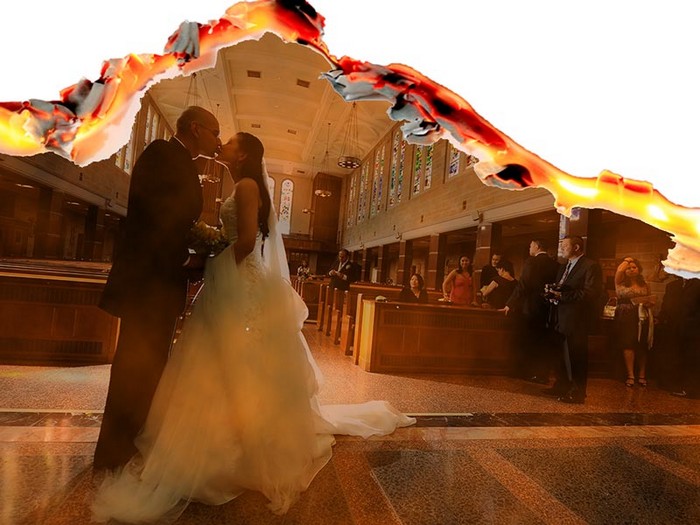WaW Before I Do – Speak the Language: The Five Love Languages
Gary Chapman has given us a very effective tool for communication through his book called “The 5 Love Languages”. In a research he made as to how people express and feel “love”, he discovered that generally there are actually 5 different ways of showing affection. No wonder sometimes despite our efforts to make someone feel loved, we fall short. In many occasions, we do not actually speak the same love language.
There are actually 5 languages based on Chapmans’s research (we’ve jokingly added a few more in our group):
a. Touch – You feel most loved when you are being touched. You love hugging, holding hands and maybe even more (the skin to skin). When your spouse or fiancee speaks this language, learn to be PDA and avoid excuses like “I’m tired”. If making your spouse is important for you, then it’s not important whether you love touching or not, loving is giving and so you better be there when she needs one.
b. Words of affirmation – Bible says the tongue is small yet powerful. It can build people up (encourage) or break people down (cause depression)… but for people whose love language is words, the effects are doubled or even tripled. Monique often tells the couples that we counsel “lower expectation and increase appreciation”. When your spouse is a words person, be careful what you say and try to find something to can praise them for everyday knowing every negative commend you give probably negates 4. It will go a long way.
c. Gifts – For me, this is the easiest. No you don’t have to be rich as gifts people rarely want expensive things (take note I said rarely). What they actually want is not the gift but a material evidence that they’ve been thought of.
d. Quality Time – Notice I didn’t say just time, I said quality time. Quality time doesn’t mean watching TV together. It means being together with your attention on one another such as chatting on a dinner date. You don’t have to be talking, such as when you go scuba diving, but 100% of your attention is on your partner. Time is something all of us have an equal # of whether you are rich or poor, and when time is given it cannot be gotten back.
e. Service – People whose love language is service feel loved when served. They want things to be done for them — a massage, food prepared, their clothes cleaned and ironed. Even if they can hire people to do them, it’s different when a loved one does it. For them this is the ultimate expression of love.
Imagine that in each of us, there is a virtual love tank. When people love us in our love language, these tanks get filled up easily. When people try to fill us up through other means, it’s possible to get filled but it will be really, really slow. So often times, problem arises when a couple speak different love languages. One can say “How can you ask if I love you when I tell you every night before we sleep that I do?”. Probably this is not a words person. The one saying I love you might be sincere but He or She is speaking in a way that the partner does not understand.
Here are some things to remember: Some people have two love language (called bi-lingual) and people’s language can change over time.
Want to know what your love language is? We have a free test in our blog: www.anounceoffaith.com.
Read more of John & Monique’s Before I Do articles at weddingsatwork.com/category/waw-before-i-do/.
About John & Monique Ong:
John is a pastor at Revelation City Church, Scuba Diving instructor and owns Imagine Nation photo + Video. He is a graduate of business management at DLSU and took up Masteral in Marketing in the same school and is currently in the Pastoral counseling course at Asian Theological Seminary. Monique is a creative wife / help mate to John, a wedding hosts and heads Post Ad ventures (an Events Management company), a youth pastor in Revelation and writes in their blog called “an ounce of faith”. She took Tourism in UP Diliman.

